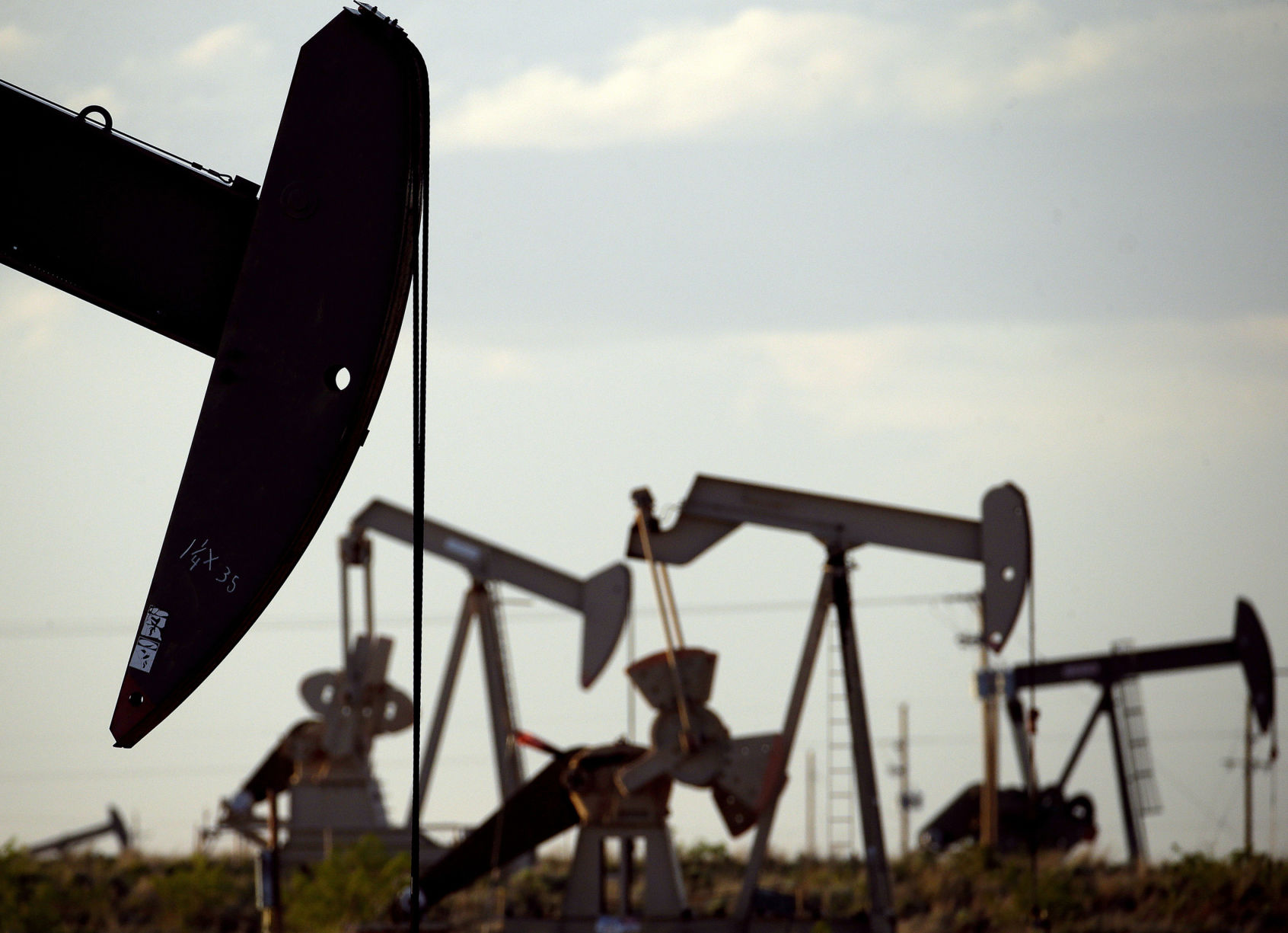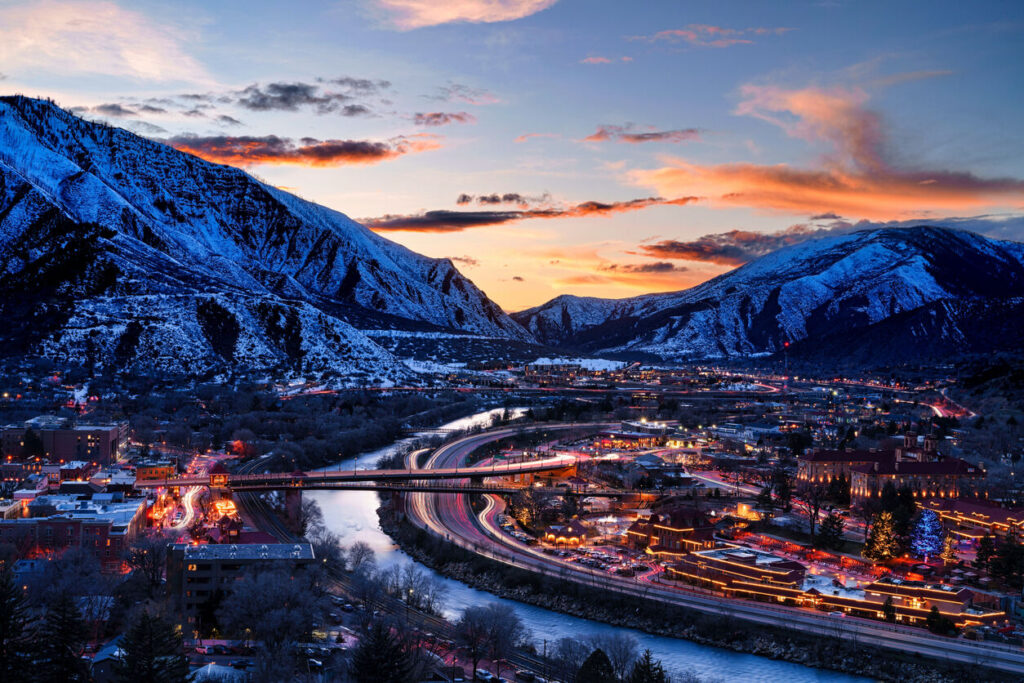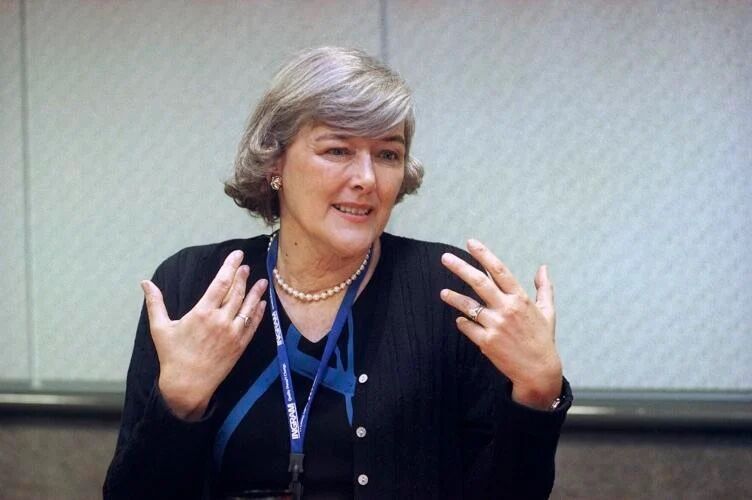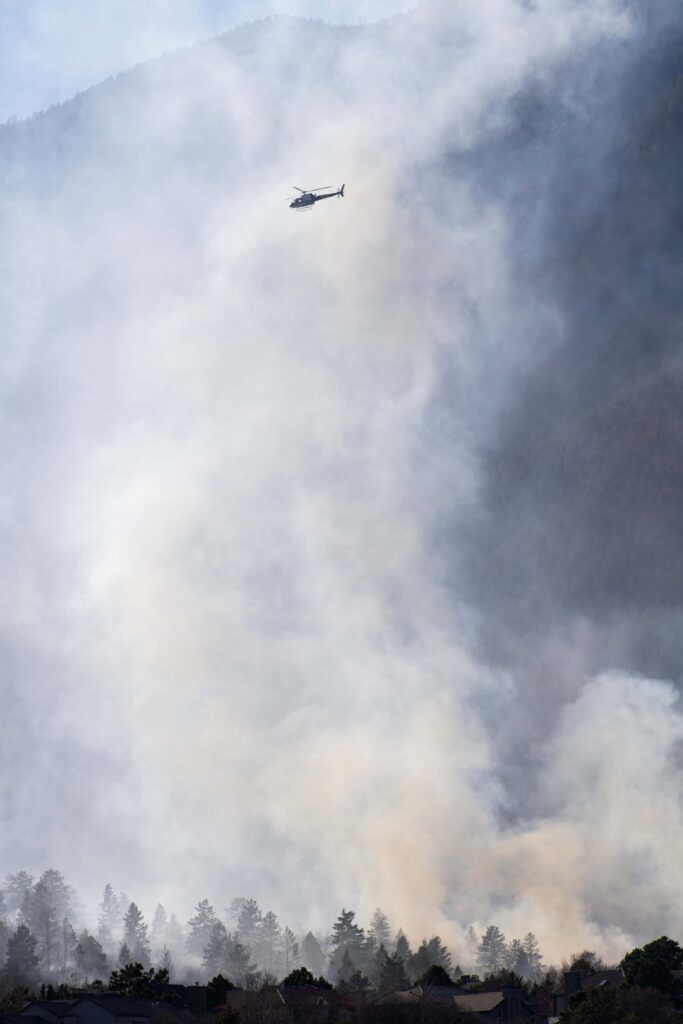Oil and gas advocates and opponents clash on new air quality rules

New rules to curb methane emissions will either fight climate change and clear the air or simply cost money for nothing, said those across Colorado’s oil and gas divide Thursday.
New rules on inspections and permits are politically driven measures that only add costs to businesses and ultimately consumers, said Dan Haley, president and CEO of the Colorado Oil and Gas Association.
They are, however, a step toward preserving the Colorado way of life and holding polluters accountable, countered Kelly Nordini, the executive director of Conservation Colorado, the state’s largest environmental organization.
After three days of hearings, the Colorado Air Quality Control Commission voted unanimously for the rules to reduce methane emissions from leaks and transmission. Methane is a source of greenhouse gases that contribute to climate change.
The nine-member state commission adopted several rules, but mostly they beefed up methane leak detection rules with so-called “find and fix” requirements, including two inspections a year. The new rules also aim to reduce emissions from storage tanks and low-producing wells, while addressing emissions in natural gas transmission and storage.
The commission closed what industry opponents called a loophole that allows oil and gas drilling to proceed initially without an air permit. Operators also pick up new reporting requirements on methane emissions.
Tighter emissions rules are part of Gov. Jared Polis’ plan to reduce carbon emissions 50% by 2030 and 90% by 2050.
Colorado has blazed ahead on methane before. In 2014, Colorado became the first state to regulate industry’s methane pollution.
“Colorado’s air quality has been improving, and the oil and natural gas industry deserves a share of the credit,” Haley said in a statement. “Protecting Colorado’s environment, while providing the energy and products we all use every day, is one of our core objectives. After all, we live here too, and we value clean air.
“Unfortunately, politics can often get in the way of effective governance, and that’s what we saw in this rulemaking. Conversations about complicated technologies and emission reductions need to be steeped in facts, not scare tactics or suppositions.”
He called the rules “excessively redundant” with “bureaucratic complexity with literally zero emissions savings.”
“This industry has done more to reduce emissions and improve Colorado’s air quality than anyone,” Haley said. “The engineers, geologists and scientists who work in this industry and focus on these issues every day deserve significant credit for what they’re able to achieve.
Nordini called the new rules common-sense policies that are “an important step toward cleaning up our air and fighting climate change at its source.”
Adams County Commissioner Emma Pinter called the oil and gas industry a major source of methane and ozone pollution.
“Now that the Air Quality Control Commission has approved stronger, statewide rules for the industry, we can finally start addressing this problem and create a healthier air shed for Front Range and West Slope communities alike,” she said in a statement.
Said Joro Walker, the general counsel of Western Resource Advocates: “Every Coloradan deserves to breathe clean air, and the rules adopted today by the AQCC will lead to direct improvements in Colorado’s air quality while supporting the state with reaching its climate goals. We applaud the AQCC for pursuing these smart regulations and for prioritizing Coloradans’ health, our air and our climate.”
Lynn Granger, executive director of the Colorado Petroleum Council, said the industry has worked with regulators to improve air quality — lowering emissions 45% between 2011 and 2017, while production quadrupled.
She said the Air Quality Control Commission’s new rules, however, are “not grounded in science or data.”
“The rushed nature of this rulemaking did not allow for a robust stakeholder process on all of the complex topics addressed,” Granger said in a statement. “Instead, this rulemaking will likely result in significant unintended consequences – adding unnecessary costs and uncertain regulatory obligations without truly furthering emissions reductions. Additional process could have ensured a more rational, technically sound and readily implementable rule.
“Given the Commission’s direction to address a multitude of topics in 2020, we hope the rulemaking process will be refined and the appropriate amount of time will be allocated to these discussions moving forward.”
Colorado Politics Must-Reads:













